Motherhood is a beautiful journey, but it also comes with its challenges, especially for new mothers. The postpartum period requires extra care, particularly when it comes to nutrition. Your body needs a variety of nutrients to recover from childbirth, produce breast milk, and maintain your energy levels. “Adding certain nutrient-dense foods to your diet can help you feel more energetic, strengthen your immune system, and support your overall health,” says nutritionist Dr. Sucharita Sengupta from Kolkata.
Here’s a list of foods that the nutritionist says every new mother should include in her daily diet.
Leafy Greens
Leafy greens (spinach, kale and methi) are packed with iron, calcium, folate and vitamin C... all essential nutrients for postpartum recovery. Iron helps replenish haemoglobin levels lost during childbirth, while calcium supports bone health for both you and your baby.
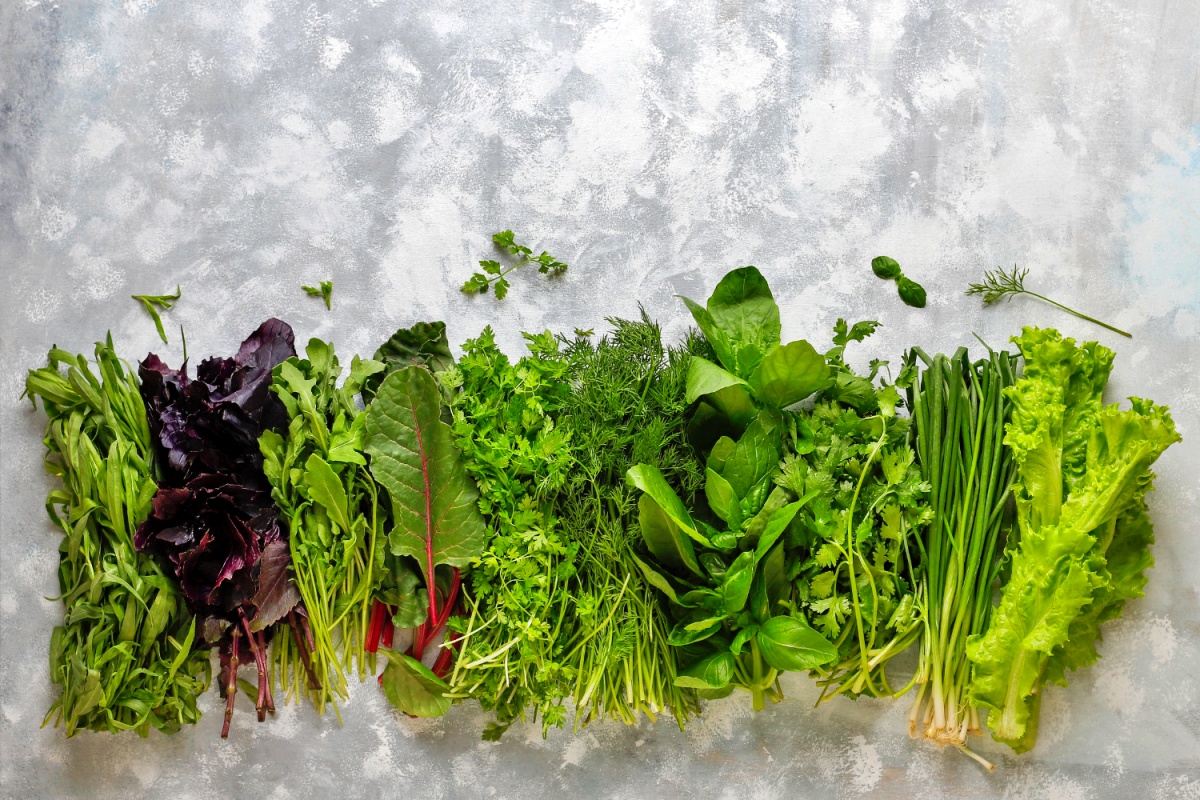
- Rich in antioxidants, they reduce inflammation.
- High fibre content aids digestion and prevents postpartum constipation.
How to include them: Add them to soups, dals, or smoothies, or simply sauté them with garlic for a nutrient-packed side dish.
Rolled Oats
Oats are a powerhouse of nutrition for new mothers. They’re a great source of iron, fibre, and protein, which help in boosting energy and aiding digestion. Oats are also known to support milk production for breastfeeding mothers.
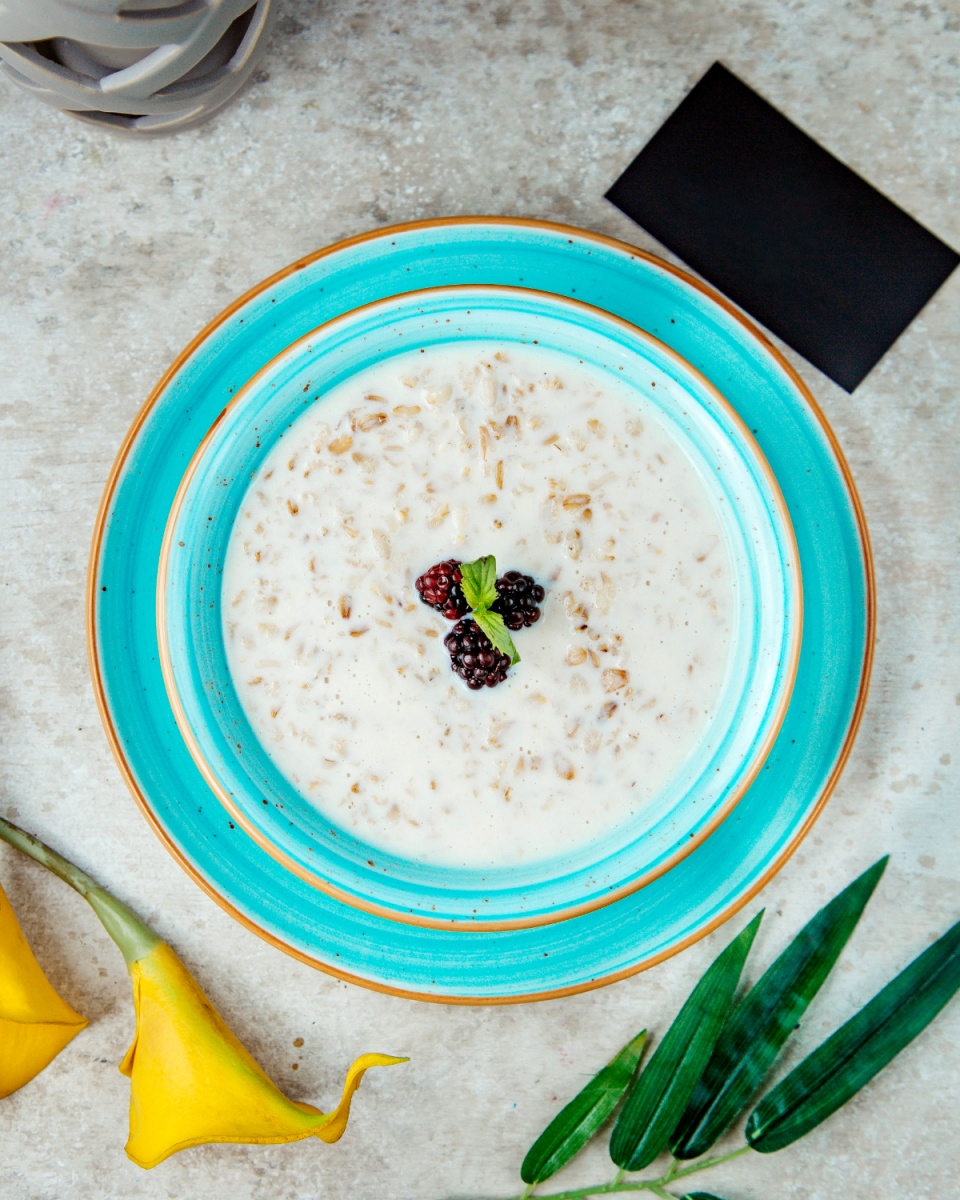
- They stabilize blood sugar levels, reducing fatigue.
- Contain saponins, which may stimulate milk production.
How to include them: Enjoy oats as a warm porridge with nuts and fruits, bake them into granola bars, or use them in smoothies.
Eggs
Eggs are an excellent source of high-quality protein, vitamin D, and choline (a nutrient essential for brain health and cognitive function). These nutrients are crucial for a new mother’s recovery and her baby’s development.

- Choline aids in repairing cell membranes and supports memory.
- Rich in omega-3 fatty acids (if fortified), eggs support your mental health.
How to include them: Boil, scramble, or poach eggs for a quick and nutritious meal. Add them to salads, sandwiches, or wraps.
Nuts and Seeds
Almonds, walnuts, chia seeds, and flaxseeds are nutrient-dense foods that provide healthy fats, protein, and fiber. These superfoods support your energy levels and improve the quality of breast milk.
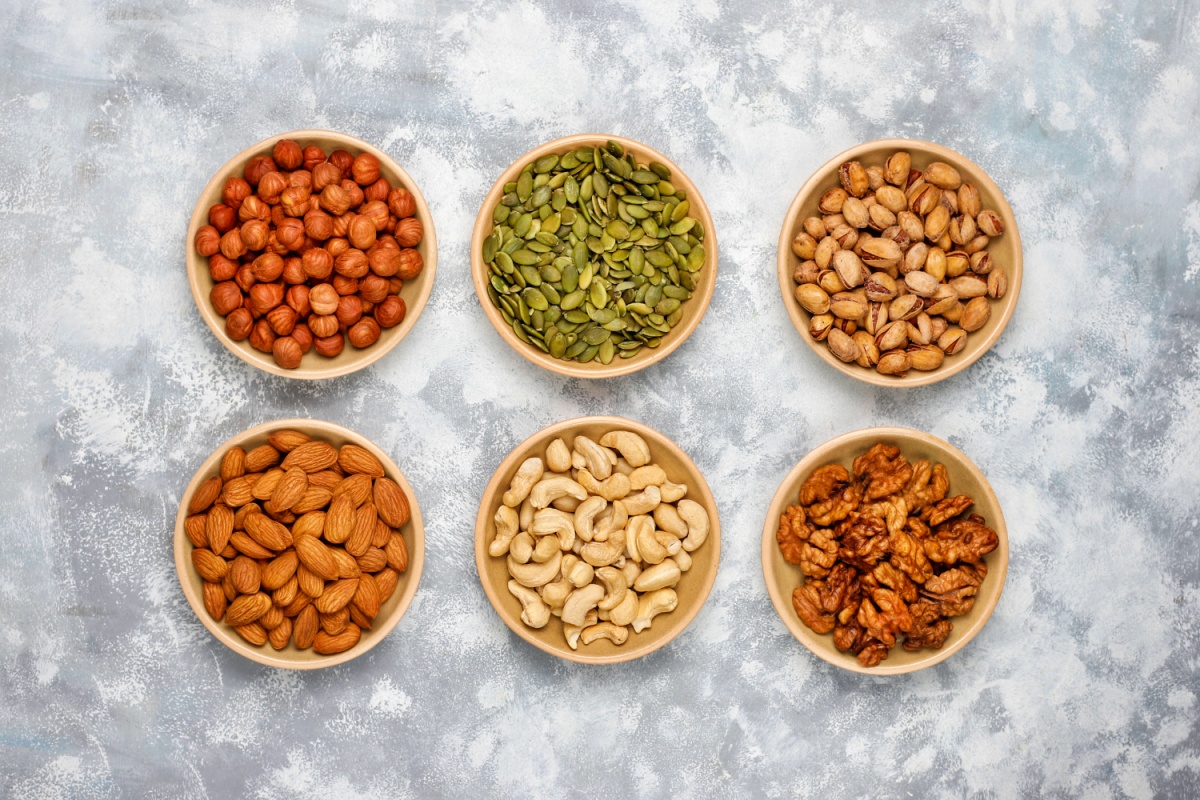
- Walnuts and flaxseeds are rich in omega-3 fatty acids.
- Almonds are an excellent source of calcium.
- Chia seeds provide hydration, as they absorb water and form a gel-like texture.
How to include them: Sprinkle them on oatmeal, salads, or yogurt. Blend them into smoothies or eat them as snacks.
Sweet Potatoes
Sweet potatoes are a rich source of beta-carotene, a precursor of vitamin A, which is essential for immune health and vision. They also provide a steady release of energy, keeping fatigue at bay.
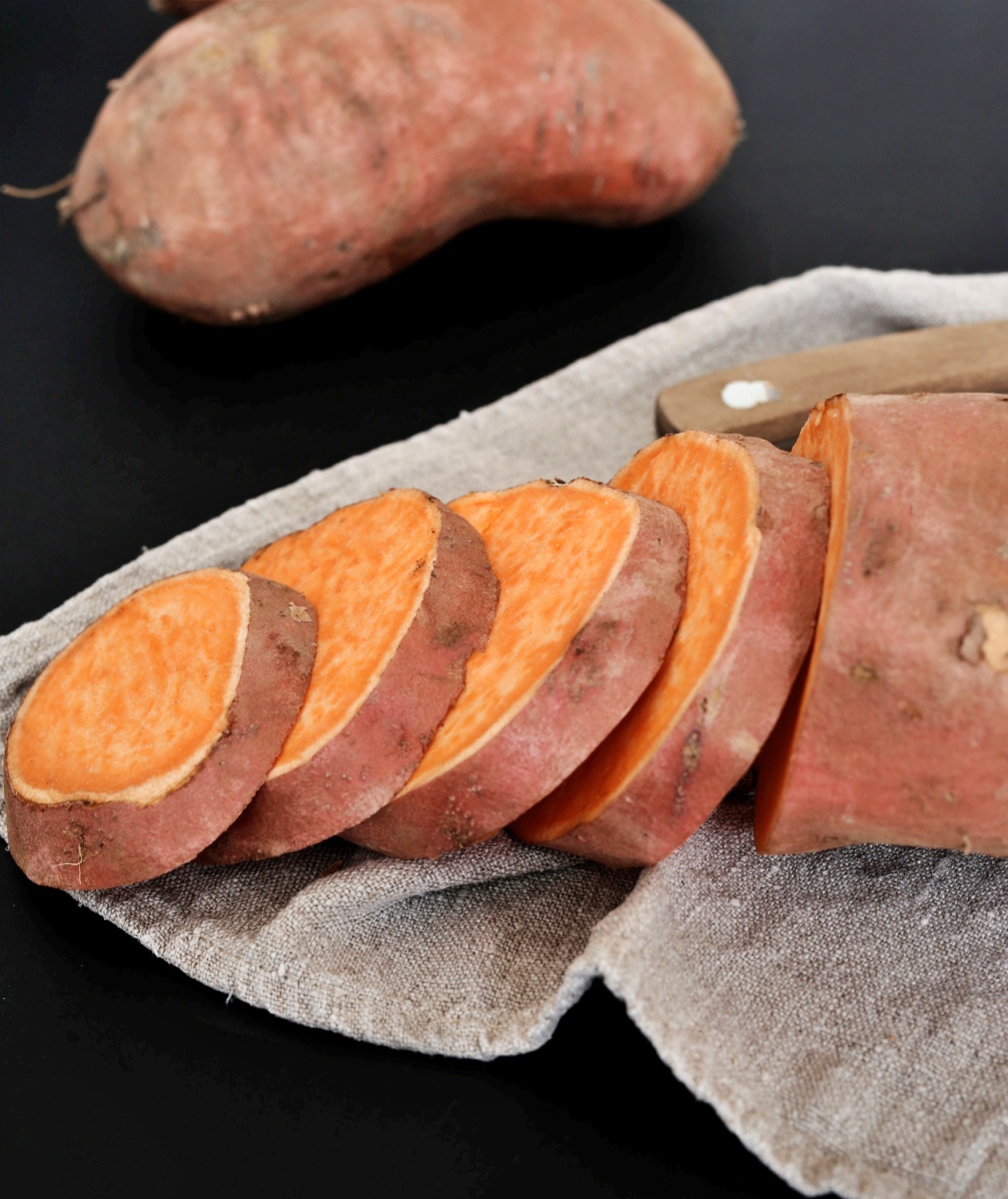
- High in potassium, which helps balance electrolytes.
- Contain antioxidants that reduce inflammation.
How to include them: Bake, roast, or mash sweet potatoes as a side dish. You can also incorporate them into soups or stews.
Turmeric
Known for its anti-inflammatory properties, turmeric is a traditional superfood in Indian households. Its active ingredient, curcumin, promotes healing and strengthens the immune system.
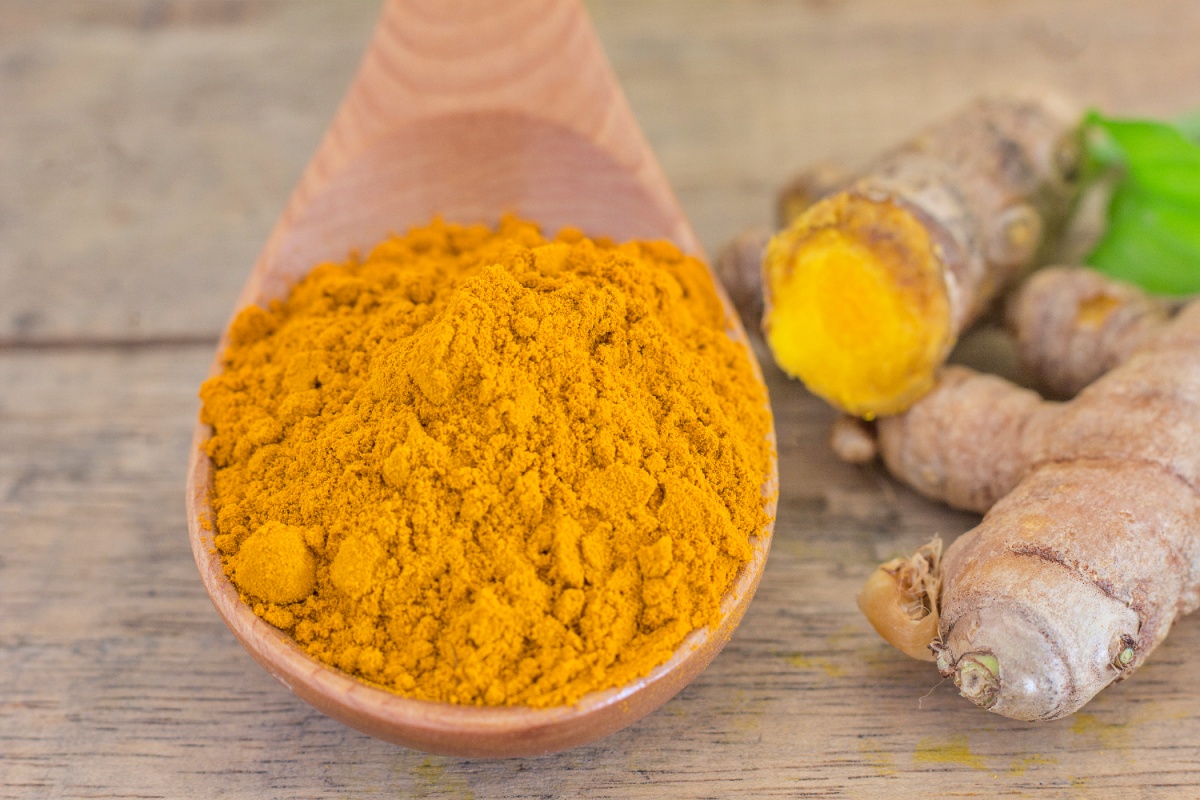
- May help reduce postpartum pain and swelling.
- Supports liver detoxification and overall recovery.
How to include it: Add turmeric to your curries, soups, or milk (golden milk). Use it as a spice in your daily cooking.
(Disclaimer: The information provided in this health article is for general informational purposes only and is not intended as medical advice. It is not a substitute for professional healthcare consultation, diagnosis, or treatment. Always seek the advice of your physician or other qualified health provider with any questions you may have regarding a medical condition.)



